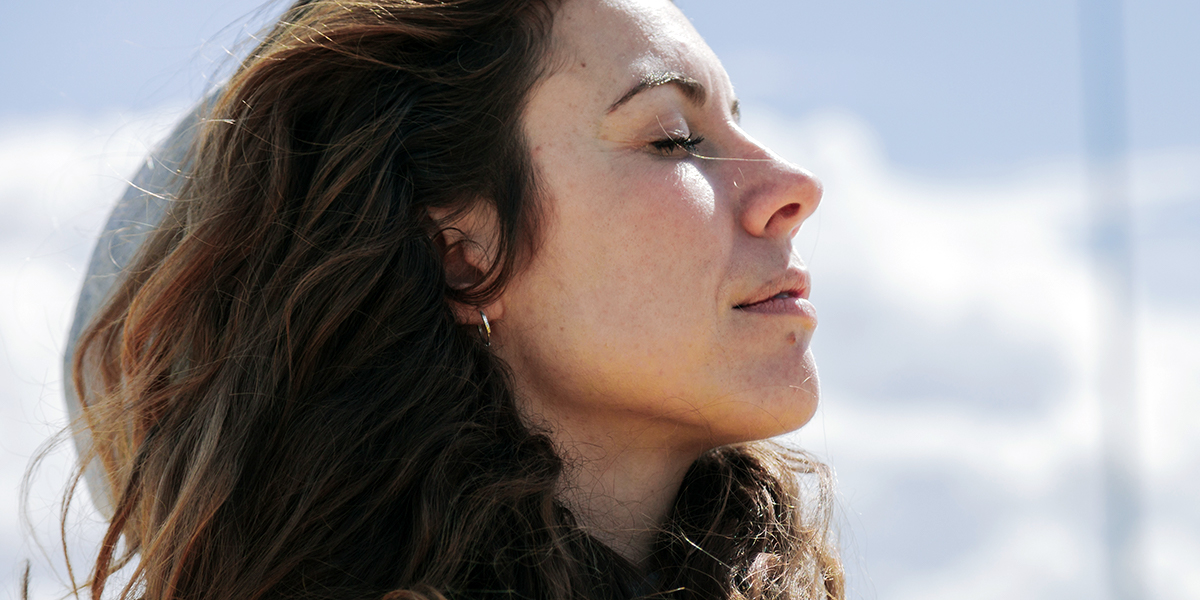
You may be aware that my books, Feeling Good and the Feeling Good Handbook, have sold more than 5 million copies worldwide, and are still popular, even though Feeling Good was published 40 years ago.
One reason for the books enduring popularity is groundbreaking research conducted by Dr. Forrest Scogin and his colleagues at the University of Alabama School of Medicine. They reported that if you simply give people seeking treat for moderate to severe depression a copy of Feeling Good, more than 50% will improve so much within four weeks that they no longer want or need treatment. What is crucial is that these patients received no psychotherapy or antidepressants during those four weeks. Three-year follow-up studies indicated that they did not relapse but actually continue to improve following their initial “bibliotherapy” with Feeling Good! That’s why Feeling Good is still the top-rated and best-selling book on depression.
So why have I now written the first true sequel to Feeling Good? Feeling Good was all about cognitive behavior therapy (CBT), which was a breakthrough that changed the history of psychiatry and psychology. When I wrote Feeling Good, there were only a handful of cognitive therapists in the world, and we were considered quacks. Since the publication of Feeling Good, CBT has become the most popular and most extensively researched form of psychotherapy in history.
But while CBT was terrific, it was not perfect. In fact, outcome studies with all current treatments for depression reveal that fewer than half of the patients even experience a 50% decrease in depression after months of treatment. And a 50% improvement isn’t even very good. Patients don’t want to feel somewhat less depressed, they want a total elimination of their symptoms and a huge boost in feeling of happiness and joy as well. And many—arguably most--simply aren’t getting it from any of the current treatments.
My clinical experience (more than 40,000 therapy sessions with depressed and anxious patients) and published research for the past four decades on how therapy actually works have provided important clues as to why some patients improve, while others do not. The answer seems to involve an important but somewhat neglected dimension that Freud called therapeutic “resistance.”
Resistance means that most of us have mixed feelings when it comes to change. On the one hand, we may desperately want to change, but seem to resist change. The Jesuit mystic, Anthony DeMello, put it this way: “We yearn for change but cling to the familiar.”
Perhaps you’ve experienced this yourself! We say that we’re going to stop procrastinating, or really want to lose weight, or that we should stop beating up on ourselves with self-critical thoughts, but it never seems to happen.
Well, here here’s some terrific news. Over the past fifteen years, in my work with my weekly psychotherapy training group at Stanford, I believe I’ve finally discovered the cause of “resistance,” a puzzle that Freud tried, but failed, to solve. And you want to know something else that’s totally awesome? Your symptoms of depression and anxiety, and your resistance to change, are not the result of what’s wrong with you, but what’s right you.
Depression and anxiety are not, in fact, “mental disorders” that result from a “chemical imbalance in your brain,” but are the expression of what’s most beautiful and awesome about you and your core values. And the moment you suddenly “see this,” your resistance will suddenly disappear, and recovery will be just a stone’s throw away.
You can learn all about these powerful techniques in my new book, Feeling Great! (September 2020) It’s not just for therapists, but for anyone who wants a little mental tune-up so you can overcome depression and anxiety and feel great! And that, I’m convinced, is the “cure” that almost all of us are looking for!
David Burns, MD
DAVID D. BURNS, MD, is an Adjunct Clinical Professor Emeritus of Psychiatry and Behavioral Sciences at the Stanford University School of Medicine. More than 50,000 mental health professionals have attended his workshops throughout the United States and Canada. His weekly Feeling Good Podcasts (approaching three million downloads) provide therapists and the general public alike with tips to overcome depression, anxiety, relationship conflicts, and habits and addiction. Dr. Burns lives in the San Francisco Bay Area. To learn more, visit www.FeelingGreattheBook.com
The post From Feeling Good to Feeling Great appeared first on Pick the Brain | Motivation and Self Improvement.
* This article was originally published here










